Text

"Children of Shatila opens with 1982 archive footage of Israeli war planes over Beirut, flames rising from the city, tanks moving inexorably towards Shatila, long panning shots over heaps of dead bodies of people, and a downed white horse, lines of heartbroken grieving women, men in face masks digging burial preparations. That was the history the children in the film never saw for themselves, but know in great detail from family and community lore. One boy talks with complete composure of how the bulldozers in the neighbourhood scooped up bodies of Palestinians and Lebanese together in death as they had been in life, and then, how his own aunt died, “Her head was cut off.” Mai’s technique is very rarely to use interviews, but rather to keep the camera running as ordinary life goes on with people talking, especially children, who have just got used to her being a part of it. Scenes in a classroom, in a family dinner, running through the alleys, jokes and games unfold so naturally that the viewer is in Shatila, not watching from the outside. There is truth conveyed in this seemingly effortless work method (which is in fact the fruit of a great investment of time and of listening skills) that could never be achieved in a traditional interview with all its opportunities for reflection before and cutting afterwards making for a confected product.
Children of Shatila shows a crowd of children watching boys’ and girls’ groups dancing the traditional dabka with everyone clapping along. Mai brought them a new game. She is glimpsed giving a small digital camera to one of the children, and the film begins to show the images and footage of one child after another as they turn the camera on the scene, on each other, even on her, and watch the images on the small screen with absolute wonder.
Children interview each other on film and tell each other their dreams of being grown up, how they will be doctors, engineers, spacemen, and how they will get their houses in Palestine back. Again, their own footage is shown as part of the film. They move through the camp as a group and one girl asks a very old neighbour sitting in the dusty alley outside his home what it had been like leaving Palestine, and what would he do first if he went back. “We were a wretched lot – barefoot,” he tells them of his family’s flight to Lebanon in 1948, before going on to say he would first rebuild his house on returning, then look after the land and the olive trees. He leans forward to speak intently into their camera as he tells the children to promise him that even if it takes 100 years or more they will never forget Palestine. This is the history that all of them know as well as if they have lived it themselves and which we see reflected in all the painting, poetry and dreams that fill the children’s lives."
Text by Victoria Brittain, author of Love and Resistance in the Films of Mai Masri. Published by Palgrave Macmillan 2020
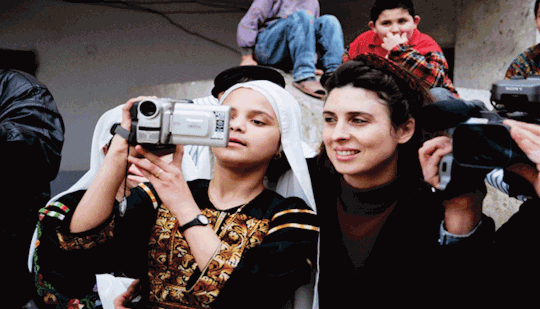
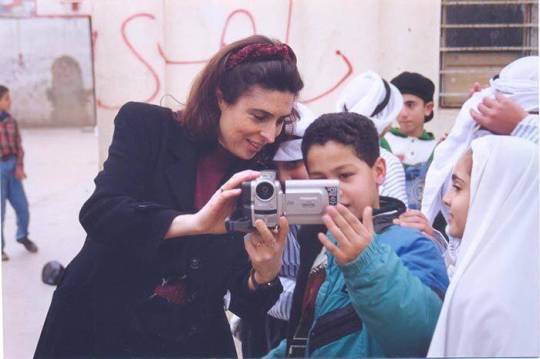
(x, x, x)
7 notes
·
View notes
Text

"Children of Shatila opens with 1982 archive footage of Israeli war planes over Beirut, flames rising from the city, tanks moving inexorably towards Shatila, long panning shots over heaps of dead bodies of people, and a downed white horse, lines of heartbroken grieving women, men in face masks digging burial preparations. That was the history the children in the film never saw for themselves, but know in great detail from family and community lore. One boy talks with complete composure of how the bulldozers in the neighbourhood scooped up bodies of Palestinians and Lebanese together in death as they had been in life, and then, how his own aunt died, “Her head was cut off.” Mai’s technique is very rarely to use interviews, but rather to keep the camera running as ordinary life goes on with people talking, especially children, who have just got used to her being a part of it. Scenes in a classroom, in a family dinner, running through the alleys, jokes and games unfold so naturally that the viewer is in Shatila, not watching from the outside. There is truth conveyed in this seemingly effortless work method (which is in fact the fruit of a great investment of time and of listening skills) that could never be achieved in a traditional interview with all its opportunities for reflection before and cutting afterwards making for a confected product.
Children of Shatila shows a crowd of children watching boys’ and girls’ groups dancing the traditional dabka with everyone clapping along. Mai brought them a new game. She is glimpsed giving a small digital camera to one of the children, and the film begins to show the images and footage of one child after another as they turn the camera on the scene, on each other, even on her, and watch the images on the small screen with absolute wonder.
Children interview each other on film and tell each other their dreams of being grown up, how they will be doctors, engineers, spacemen, and how they will get their houses in Palestine back. Again, their own footage is shown as part of the film. They move through the camp as a group and one girl asks a very old neighbour sitting in the dusty alley outside his home what it had been like leaving Palestine, and what would he do first if he went back. “We were a wretched lot – barefoot,” he tells them of his family’s flight to Lebanon in 1948, before going on to say he would first rebuild his house on returning, then look after the land and the olive trees. He leans forward to speak intently into their camera as he tells the children to promise him that even if it takes 100 years or more they will never forget Palestine. This is the history that all of them know as well as if they have lived it themselves and which we see reflected in all the painting, poetry and dreams that fill the children’s lives."
Text by Victoria Brittain, author of Love and Resistance in the Films of Mai Masri. Published by Palgrave Macmillan 2020


(x, x, x)
#film#palestine#documentary#caps#another screen#another gaze#90s#mai masri#children of shatila#lebanon#children of shatila 1998
7 notes
·
View notes
Text
Fun Fact if you like niche films and/or electronic music: this month The Criterion Channel is streaming 13 films about the Black electronic music underground. The collection is curated in collaboration with Dweller, a music festival and platform centering Black voices in dance music.
#film#music#black music#black electronic music#criterion#criterion channel#documentary#dweller electronics#reblog
3K notes
·
View notes
Text
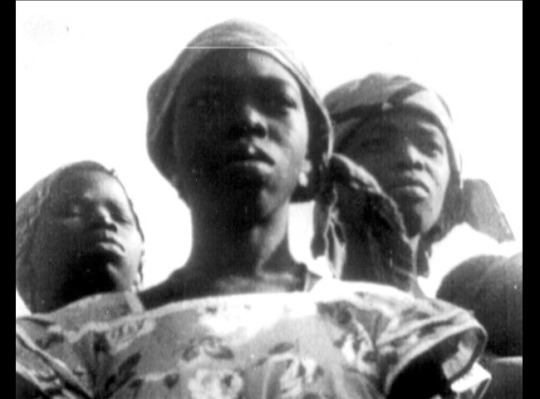
Afrique 50 (1950, documentary, 17mn)
The first French anti-colonialist film, the film derived from an assignment in which the director was to cover educational activities by the French League of Schooling in West Africa (in modern Mali and Ivory Coast).
The director, René Vautier, later filmed what he saw, a "lack of teachers and doctors, the crimes committed by the French Army in the name of France, the instrumentalization of the colonized peoples".
For his role in the film Vautier was imprisoned over several months. The film was not permitted to be shown for more than 40 years. (x)
In France the film is currently available for free for a week on tënk here. Elsewhere you can find it here, with English subtitles.
#afrique 50#colonialism#french colonialism#documentary#film#mali#ivory coast#france#west africa#1950s#tënk#reblog#rené vautier#external links
65 notes
·
View notes
Text
In 2024, I'm watching a film from Palestine every Thursday. I've called it Palestinian Film Thursdays! I've made a list with a tentative schedule on Letterboxd. Join me, if you like! Suggestions are very welcome!
On Thursdays, We Support Palestinian Cinema / By Merry on Letterboxd
1K notes
·
View notes
Text
new update, new films to watch :)
5 notes
·
View notes
Photo

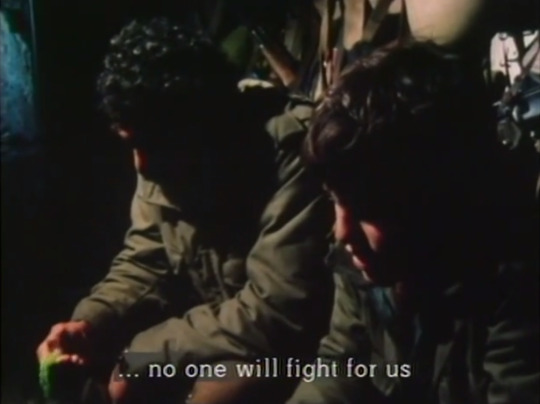


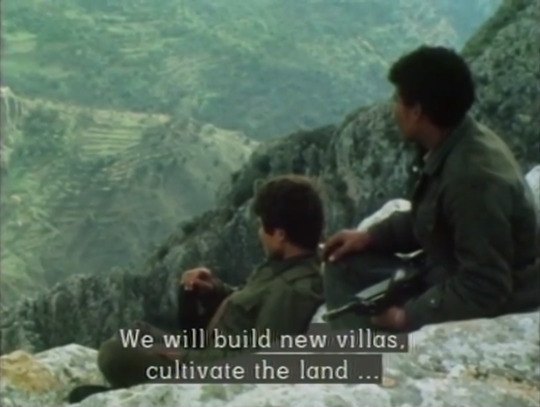
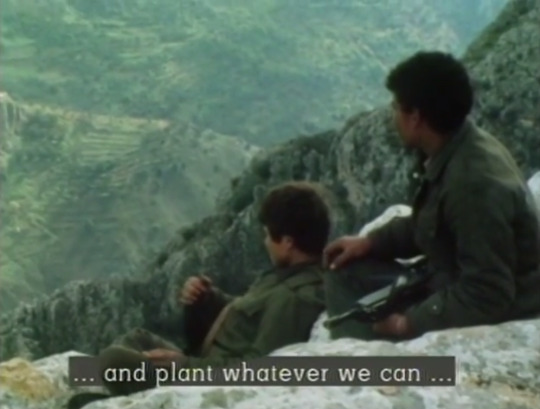

The Shadow The West, by Edward Said. (1986)
Edward Said focuses on the plight of the Palestinians which can be seen as the most enduring residue of the modern encounter between the Arabs and the West. Said traces the course of European involvement with the Near East via the Crusades to Napoleon’s campaign in Egypt and the French and English entrepreneurs, adventurers and empire builders who came in his wake.
10K notes
·
View notes
Photo


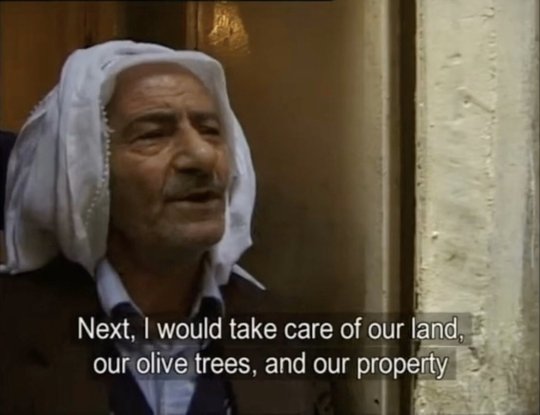

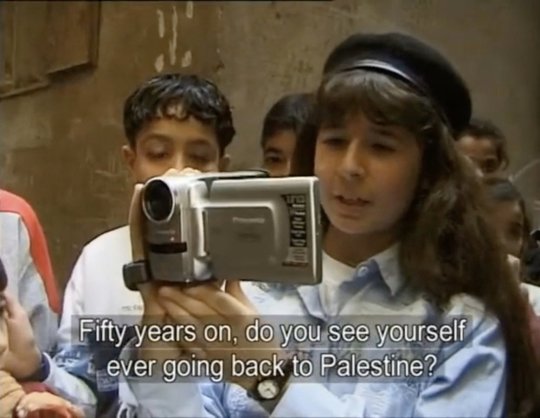

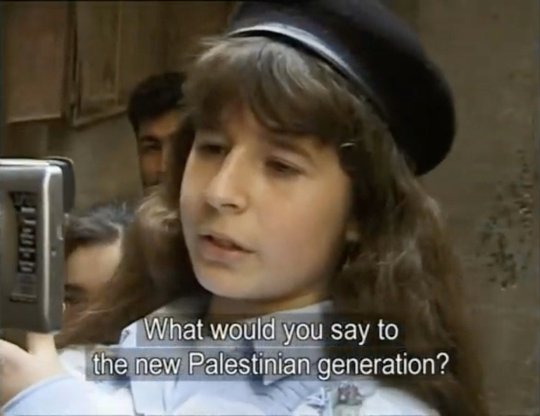



‘Children of Shatila’ (Lebanon, 1998) film by Mai Masri. In this scene the youth of the Palestinian refugee camp interview an elder with a video camera.
93K notes
·
View notes
Text
there's currently a free japanese indie film festival being held online! all the films have subtitles in english, spanish (latin america), thai, indonesian, simplified chinese, and traditional chinese
and the films are available to watch worldwide (except japan and some others depending on the movie):
bachiranun (2021)
tenzo (2019), not available in france, belgium, switzerland, korea
an artisan's legacy, tsunekazu-nishioka (2012)
lonely glory (2022)
hanagatami (2017), not available in china, us, canada, uk, and ireland
bon-uta, a song from home (2019)
and your bird can sing (2018), not available in korea, china, taiwan, us, and canada
hey! our dear don-chan (2022)
techno brothers (2023)
a muse never drowns (2022), not available in the netherlands, and canada
a girl in my room (2022), not available in korea, china, and taiwan
follow the light (2021)
the festival will be held until october 31, 2023 :))
6K notes
·
View notes
Text

GANJA AND HESS was the only American film screened during Critic’s Week at the 1973 Cannes Film Festival, where it was named one of the 10 Best American Film of the Decade. It opened at Manhattan’s Playboy Theater a few weeks later. “The first time I saw the movie was at the opening-night screening in New York,” Clark reveals. “There was a splashy party afterward -- and being the lead actress, I was pretty much the star of the party! Nothing like that had ever happened to me before. It was wonderful.” The bubble burst the next day, however, when almost every New York critic panned the film. “When I read the reviews, I thought, ‘They didn’t get it,’” Clark remembers. “Many critics believe that black people make very straightforward, literal movies -- so Bill was really an enigma to them. They just did not understand what he had done.”
Gunn’s unique cinematic treatment of African-American spirituality and vampirism was also lost on the film’s distributor, Kelly-Jordan Enterprises. After a one-week run in Manhattan, the 110-minute version was pulled from circulation and replaced by a 76-minute bastardization called BLOOD COUPLE, with new credits listing “E.H. Novikov” (a pseudonym for film doctor Fima Noveck) as director. For nearly 25 years, it was this version that viewers were subjected to, both in theaters and on video, under such misleading titles as DOUBLE POSSESSION, BLACK EVIL, BLACK VAMPIRE, and BLACKOUT: THE MOMENT OF TERROR. "It never found much of an audience," Clark says, "but a number of industry people saw it, especially in New York, so I was offered some other movies."

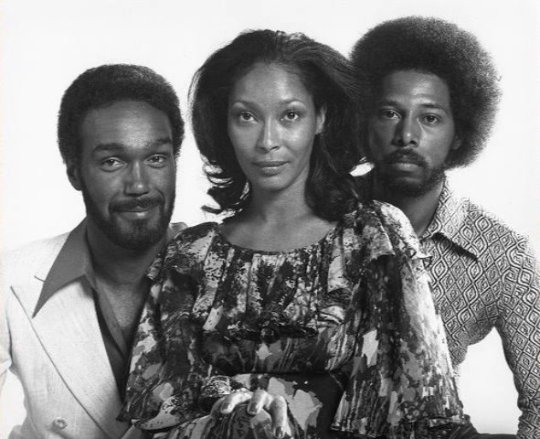

Temple of shock, January 20 2011, Slinking Through the Seventies: An Interview with Marlene Clark, an expanded and revised interview by Chris Poggiali that originally appeared in Fangoria #191 (April 2000)
#marlene clark#ganja & hess#bill gunn#1973#1970s#interview#not caps#film#horror#black horror#african american cinema#external source#tag review#ganja and hess
12 notes
·
View notes
Text




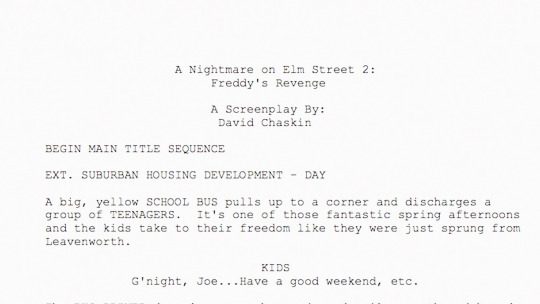

Scream, Queen! My Nightmare on Elm Street (2019) dir. Roman Chimienti & Tyler Jensen
"When they talk about the homosexuality of the film the end of the sentence always is, Mark Patton, an out, gay actor in Hollywood. I was not an out gay actor in Hollywood in 1985. I was a 25 year old young man working very hard to have a career. I'm now a 50 year old man who's out and I'm a gay activist, it's a big difference."
#scream queen! my nightmare on elm street#a nightmare on elm street part 2: freddy's revenge#freddy's revenge#mark patton#roman chimienti#tyler jensen#film#not caps#2019#2010s#horror#queer horror#queer#reblog
71 notes
·
View notes
Photo
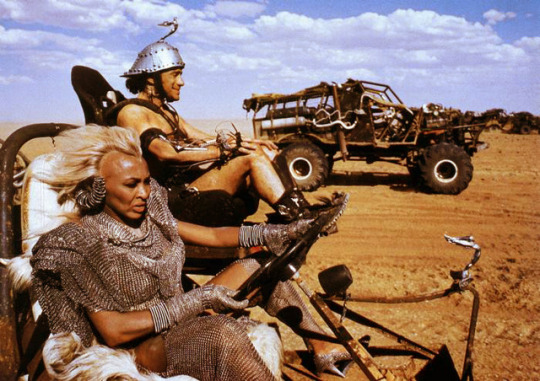
Tina Turner as Aunty Entity in MAD MAX BEYOND THUNDERDOME – 1985
6K notes
·
View notes
Text
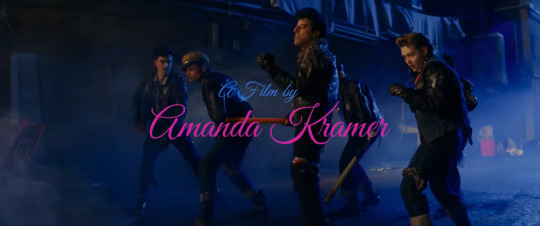
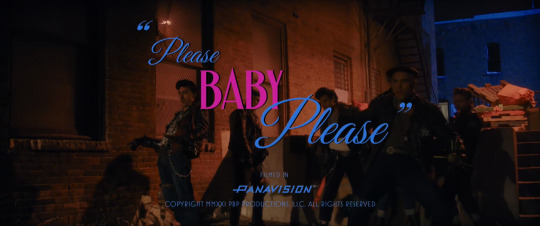
Please Baby Please (2022, dir. Amanda Kramer)
21 notes
·
View notes
Text

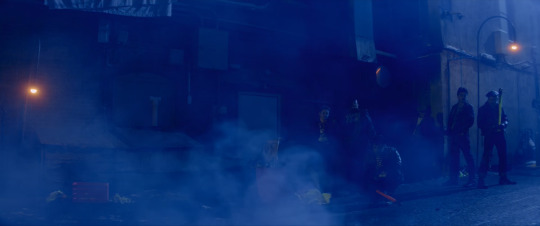

Please Baby Please (2022, dir. Amanda Kramer)
8 notes
·
View notes
Text

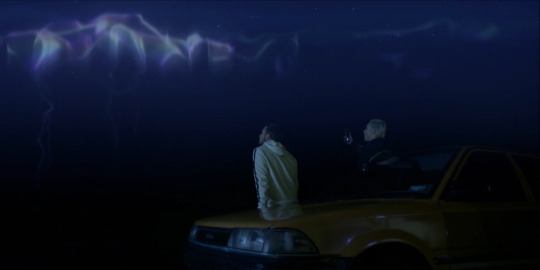

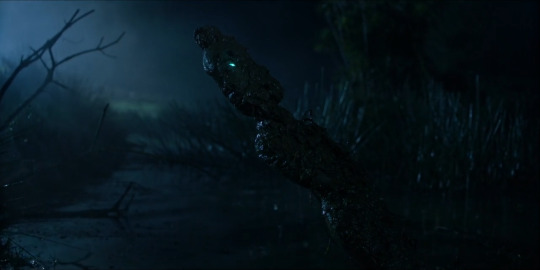
Rūrangi (2021), Season 2, Episode 1, "Landfall"
4 notes
·
View notes
Text

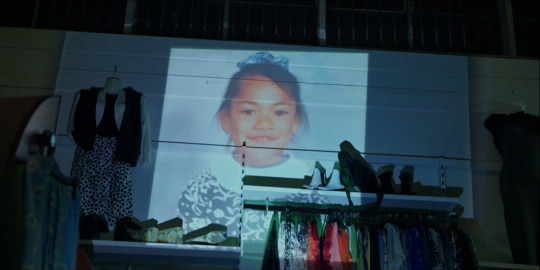

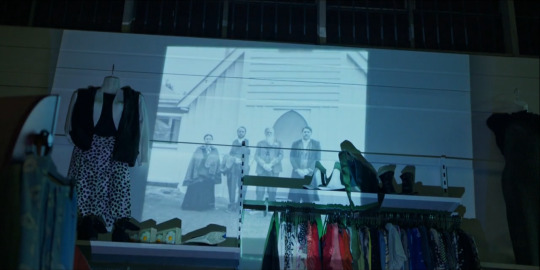
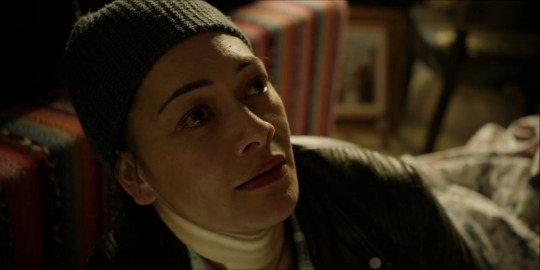

Rūrangi (2021), Season 2, Episode 1, "Landfall"
5 notes
·
View notes
Text




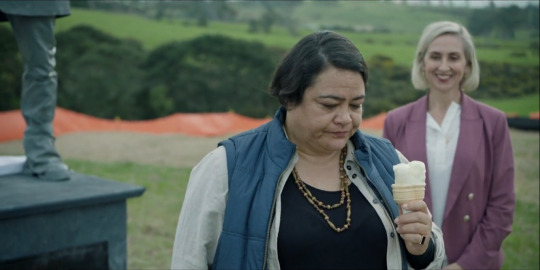
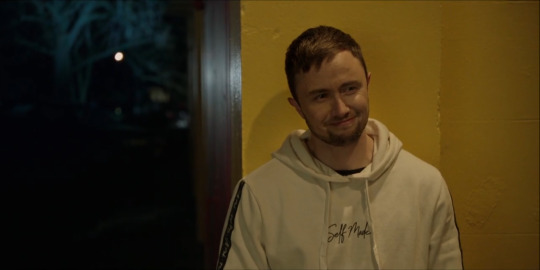
Rūrangi (2021), Season 2, Episode 1, "Landfall"
11 notes
·
View notes